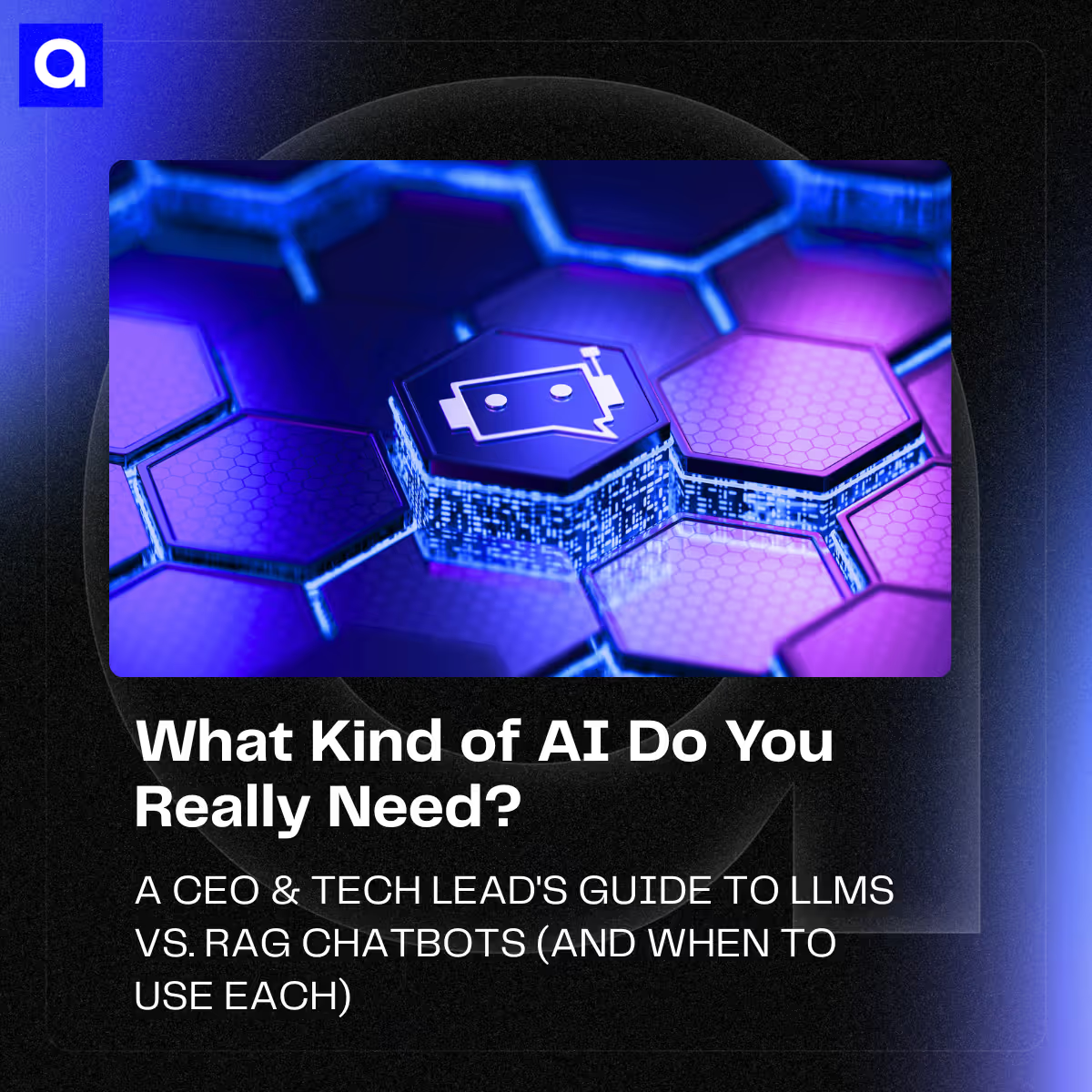
Exploring Web 3.0: The Decentralized Internet Revolution
Web 3.0, also known as the decentralized web, is the next evolution of the internet. It aims to move away from the centralized systems that currently dominate the internet, such as Google, Facebook, and Amazon. Instead, web 3.0 is built on blockchain technology, which allows for a more decentralized and secure way of storing and sharing information online.
Peer-to-Peer Networks: Transforming Online Interactions
The decentralized web is based on a peer-to-peer network, where users can connect directly with each other without the need for intermediaries. This eliminates the need for centralized servers and allows for a more secure and private way of sharing information. It also enables new forms of decentralized apps and services that are not controlled by any single entity.
Smart Contracts: Automating Business Processes in Web 3.0
One of the key aspects of web 3.0 is the use of smart contracts. Smart contracts are self-executing contracts with the terms of the agreement written directly into lines of code. They can be used to automate various business processes and can facilitate the creation of decentralized apps and services.
The Metaverse: A New Frontier for Virtual Experiences
The metaverse is closely tied to web 3.0. It is a virtual reality space where users can interact with each other and digital objects in a seamless and immersive way. It is often compared to a combination of the physical world and the internet, where users can create, share, and experience a wide range of content and activities. The metaverse will be built on blockchain technology, allowing for a decentralized and secure way of storing and sharing information.
Personal Data Control: Empowering Users in Web 3.0
The decentralized nature of web 3.0 and the metaverse means that users will have more control over their personal data and online identities. It will also enable new forms of decentralized apps and services that are not controlled by any single entity. With web 3.0, users will have the ability to own and control their personal data and online identity, rather than having it controlled by centralized companies.
Non-Fungible Tokens (NFTs): Unlocking Digital Ownership and Monetization
Another key aspect of web 3.0 and the metaverse is the use of non-fungible tokens (NFTs), which are unique digital assets that can be bought, sold, and traded on blockchain platforms. This allows for the creation of digital ownership and new ways of creating and monetizing content. It opens up new opportunities for artists, musicians, and creators to monetize their work in new and innovative ways. NFTs also make it possible for digital assets to be tracked and provenance to be established, which is important for the art, collectible, and gaming industries.
Industry Impact: How Web 3.0 and the Metaverse Will Drive Innovation
The potential of web 3.0 and the metaverse is huge, and it has the potential to revolutionize the way we interact with the digital world. It could also have a significant impact on industries such as gaming, social media, e-commerce, and many more. As the technology continues to evolve, we can expect to see more and more innovative uses for it in various industries.
Challenges and Future Prospects: Navigating the Emerging Web 3.0 Landscape
However, it's important to note that web 3.0 and the metaverse are still new technologies that are still developing. There are still a lot of challenges to overcome, such as scalability and user adoption. But as more and more people become aware of the benefits of the decentralized web, we can expect to see it becoming more mainstream in the near future.
Embracing the Web 3.0 and Metaverse Revolution
In conclusion, web 3.0 and the metaverse represent the future of the internet and how we interact with digital content. The decentralized nature of the technology will provide more control and security for users, and the potential for new forms of decentralized apps and services. As the technology continues to evolve, we can expect to see more and more innovative uses for it in various industries. It is a promising technology that will bring many benefits to the digital world but also has its own challenges to overcome.
As we navigate this emerging landscape, it's crucial for businesses and individuals to stay informed about the latest developments in web 3.0 and the metaverse. By doing so, we can prepare ourselves for the upcoming revolution and unlock new opportunities that come with decentralized internet technologies. The future of the internet is decentralized, and embracing these changes will be key to thriving in this new era of digital innovation.


.avif)
